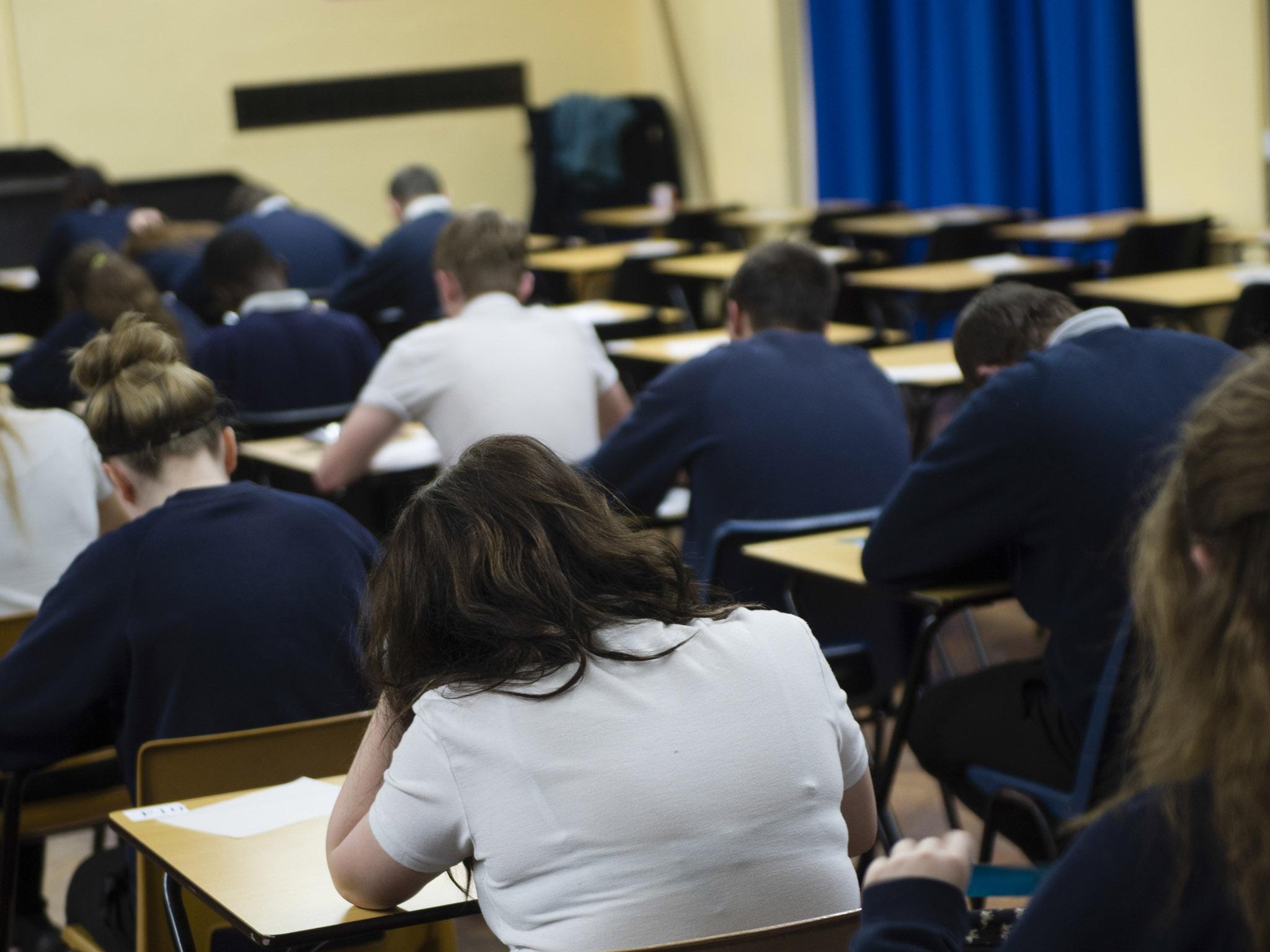Poorer students less likely to study history at GCSE under government reforms, study says
'Schools in poorer areas are not entering students for a subject that boosts social mobility'

Your support helps us to tell the story
From reproductive rights to climate change to Big Tech, The Independent is on the ground when the story is developing. Whether it's investigating the financials of Elon Musk's pro-Trump PAC or producing our latest documentary, 'The A Word', which shines a light on the American women fighting for reproductive rights, we know how important it is to parse out the facts from the messaging.
At such a critical moment in US history, we need reporters on the ground. Your donation allows us to keep sending journalists to speak to both sides of the story.
The Independent is trusted by Americans across the entire political spectrum. And unlike many other quality news outlets, we choose not to lock Americans out of our reporting and analysis with paywalls. We believe quality journalism should be available to everyone, paid for by those who can afford it.
Your support makes all the difference.Disadvantaged students are less likely to study history at GCSE than their peers under major government reforms, research has found.
The reforms, from then education secretary Michael Gove, have “deepened” the divide in access to the traditionally academic subject between high and low achieving students, academics say.
A report, from researchers at Reading and Oxford universities, finds that students at schools in disadvantaged areas are less likely to be encouraged to take history unless they have good results.
The reforms – which include the introduction of the English Baccalaureate (Ebacc) and tougher GCSEs – have created a system where students with lower prior attainment are deterred, it says.
This could negatively affect social mobility as history is one of the subjects that prestigious universities – including those in the Russell Group – look for in applications, the authors warns.
The Ebacc, a league table measure introduced in 2011, judges schools on the number of students that take up maths, English and science, a foreign language and either history or geography at GCSE – as well as how well these students do in the five subjects.
The number of children taking history at GCSE has risen in recent years in light of the Ebacc – but the new report warns that the rise is “unevenly spread” across schools.
The research, which looks at data from 2010 to 2014, says: “[Schools] have responded by entering more middle and high-attaining students. Overall the introduction of this performance measure appears to have created an inequitable situation regarding access to subjects like history.”
The report “raise concerns” about students from poorer economic backgrounds who are less likely to opt, or perhaps even to be given the chance to opt, for academic subjects like history.
It concludes: “There is a danger that some schools’ decision-making processes prioritise meeting accountability measures, rather than the needs of some students.”
Last year, figures from exam regulator revealed that the number of students choosing to study history at A-level had declined.
Dr Richard Harris, an associate professor at the Institute of Education at the University of Reading and author of the report, said: “By implementing a series of reforms to toughen history GCSE testing and making accountability measures more difficult, schools in poorer areas are not submitting their students who may benefit most from subjects seen to be crucial in improving social mobility.”
Stephen Rollett, a specialist for the Association of School and College Leaders, said: “Schools are very conscious of the need to provide young people of all backgrounds with the best possible opportunities and life chances, and GCSE options are carefully considered by teachers and their pupils on this basis.”
He added: “Government reforms to GCSEs have placed schools and pupils under a great deal of additional pressure, but schools are working incredibly hard to ensure that these changes do not disadvantage children in any way.”
The Department for Education (DfE) has been approached for a comment.
Join our commenting forum
Join thought-provoking conversations, follow other Independent readers and see their replies
Comments